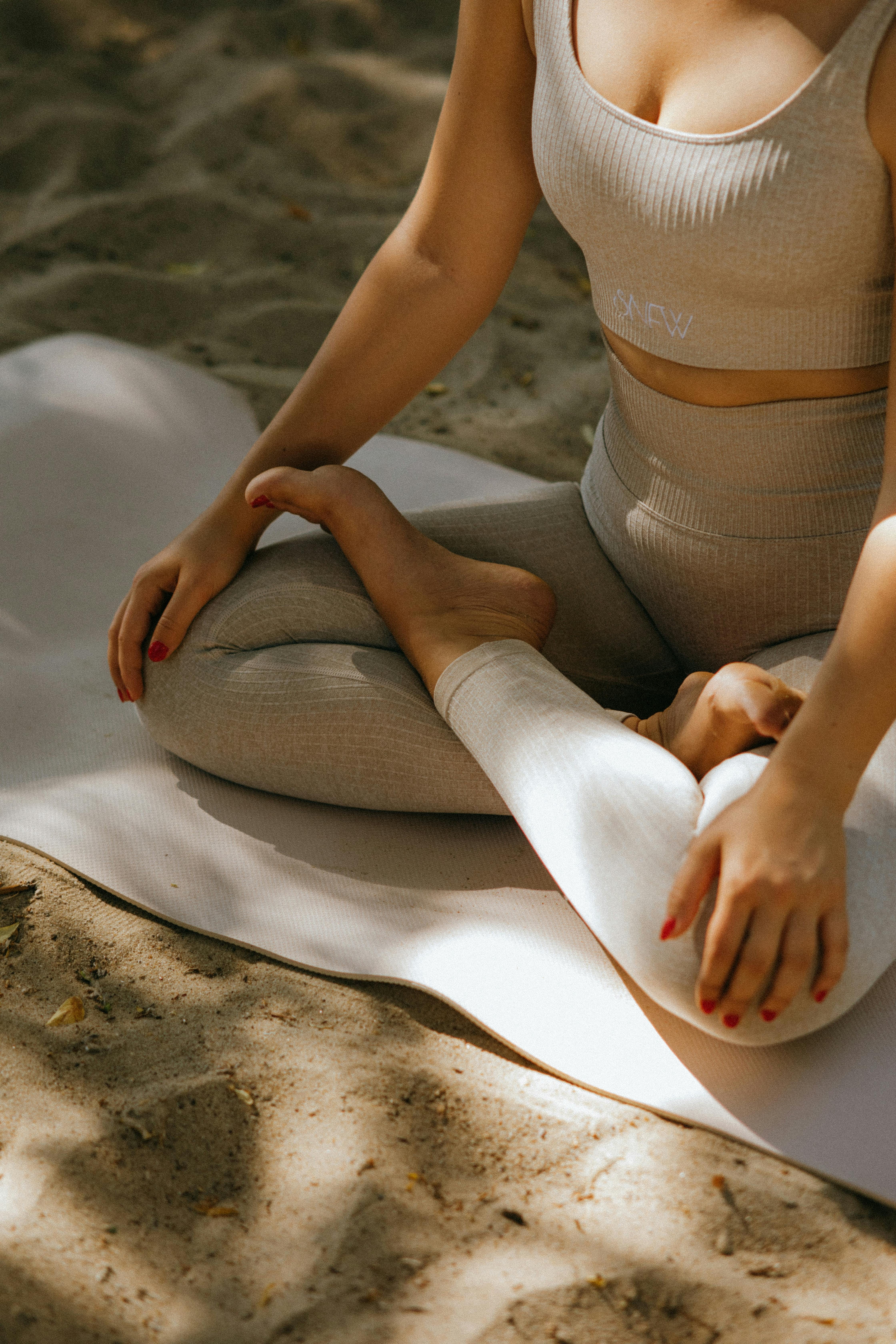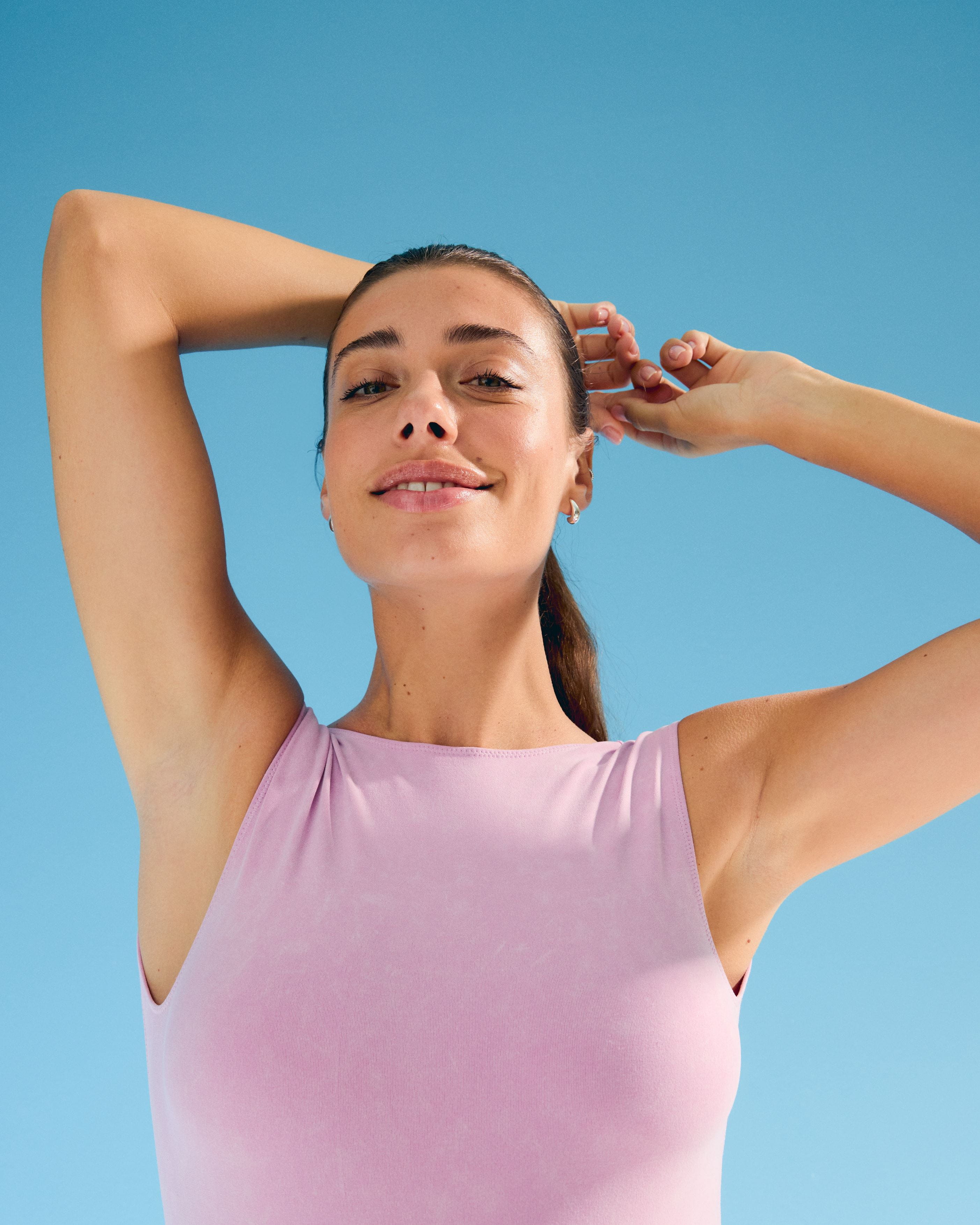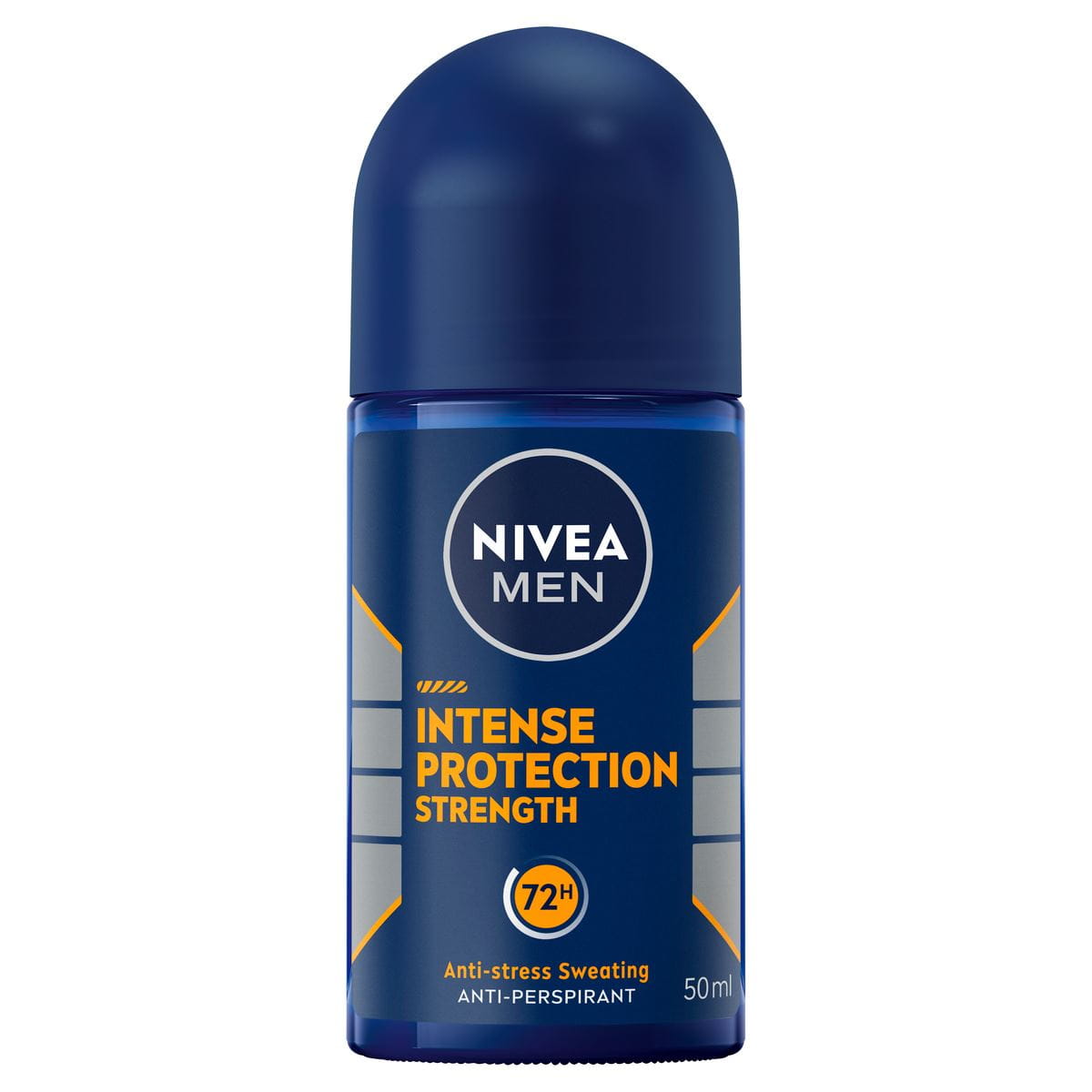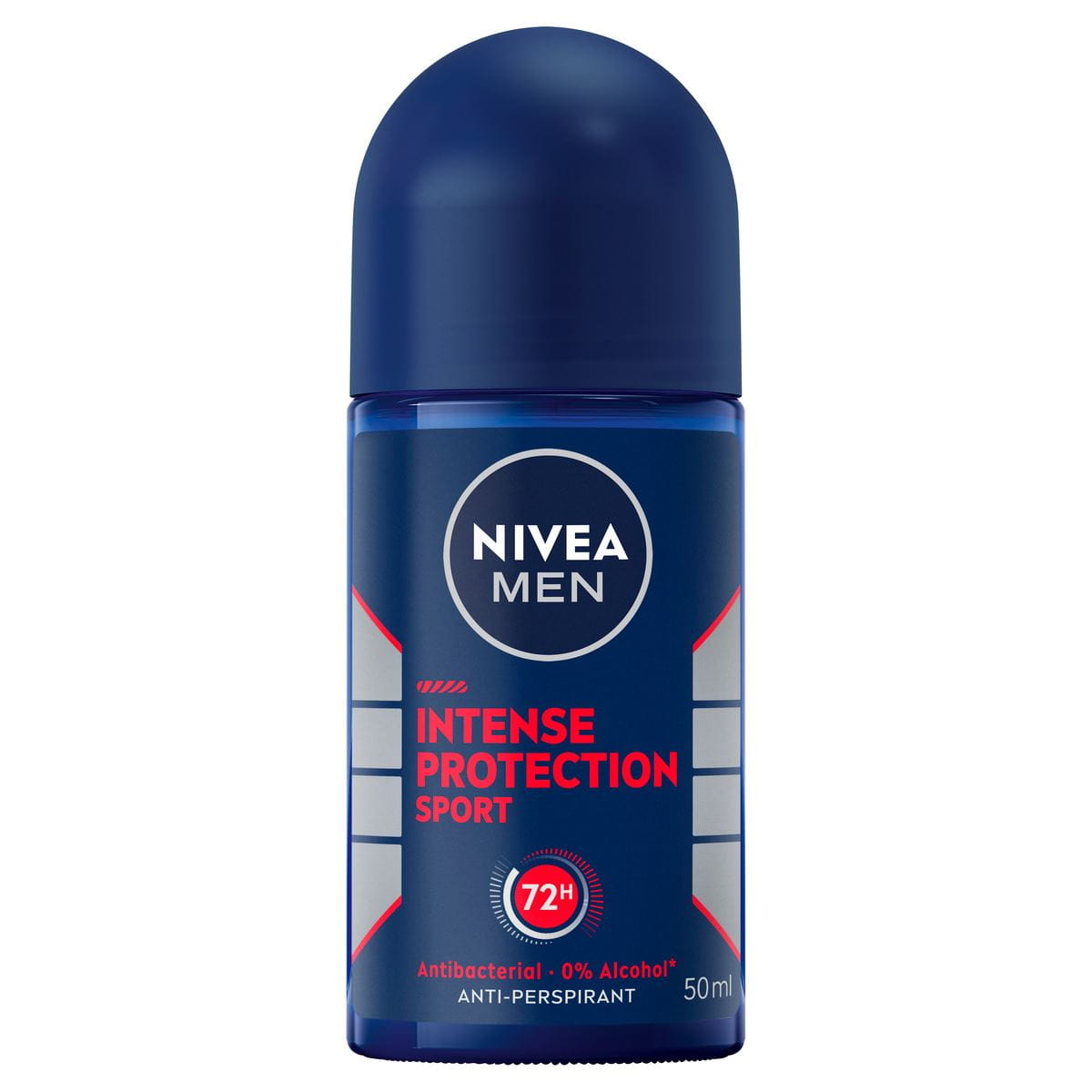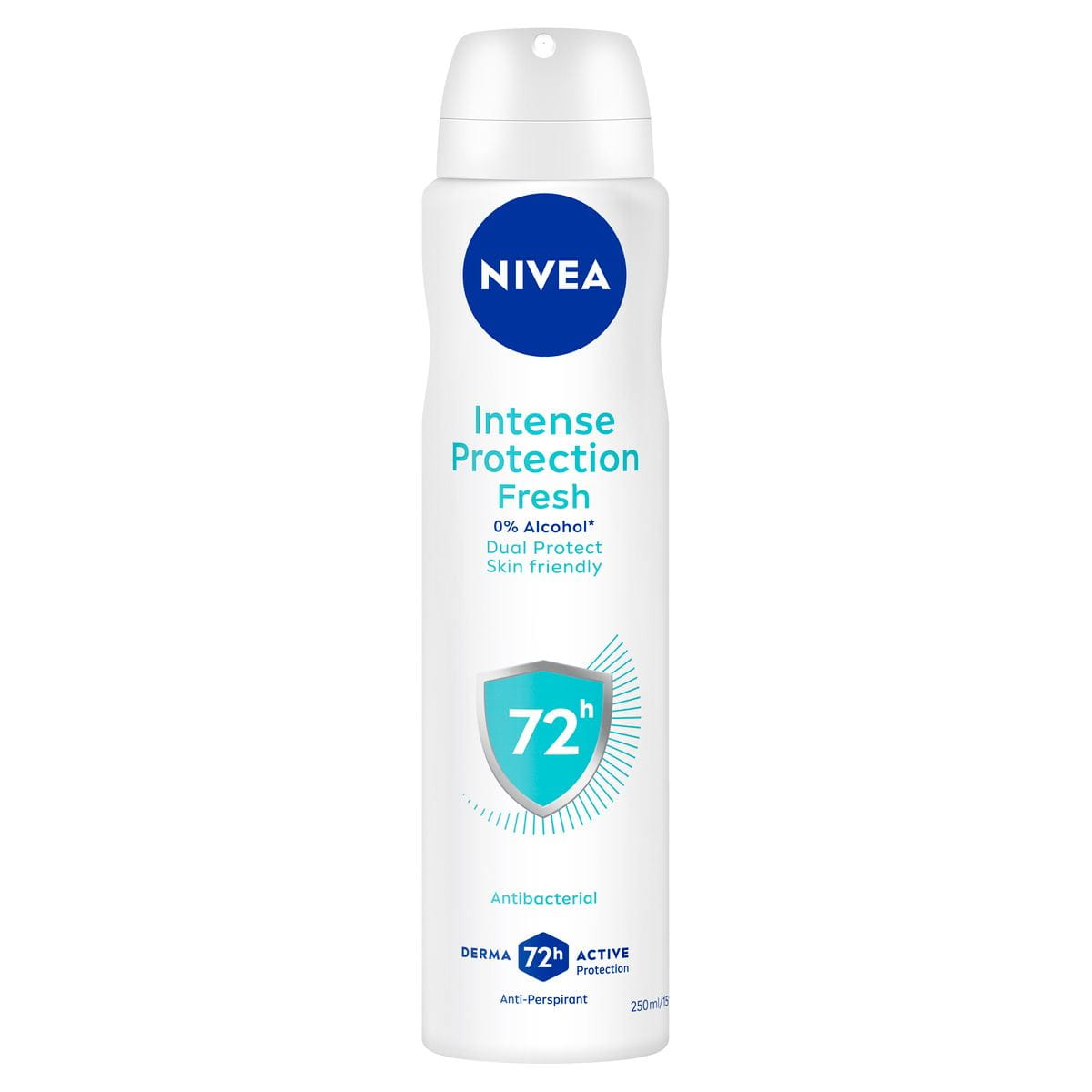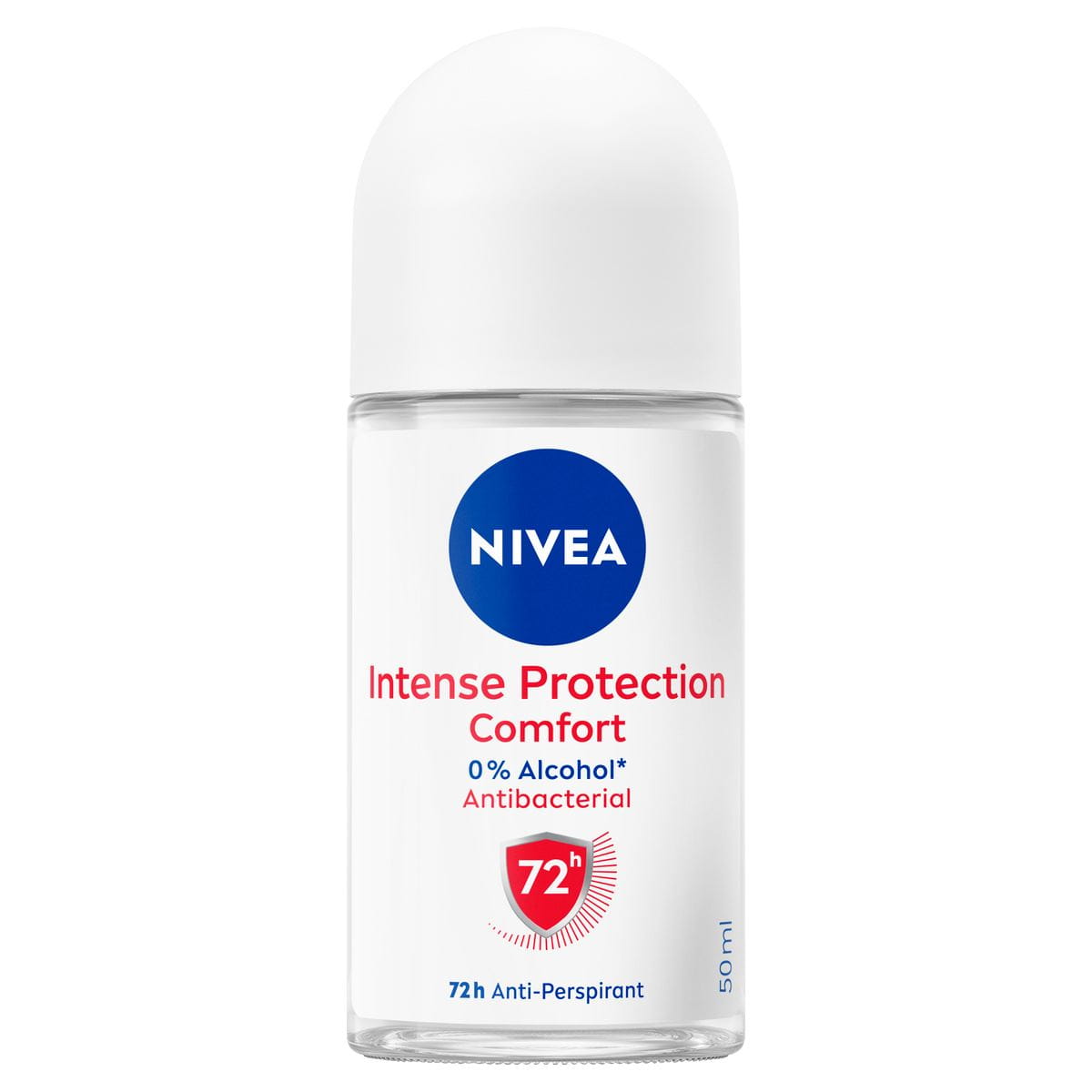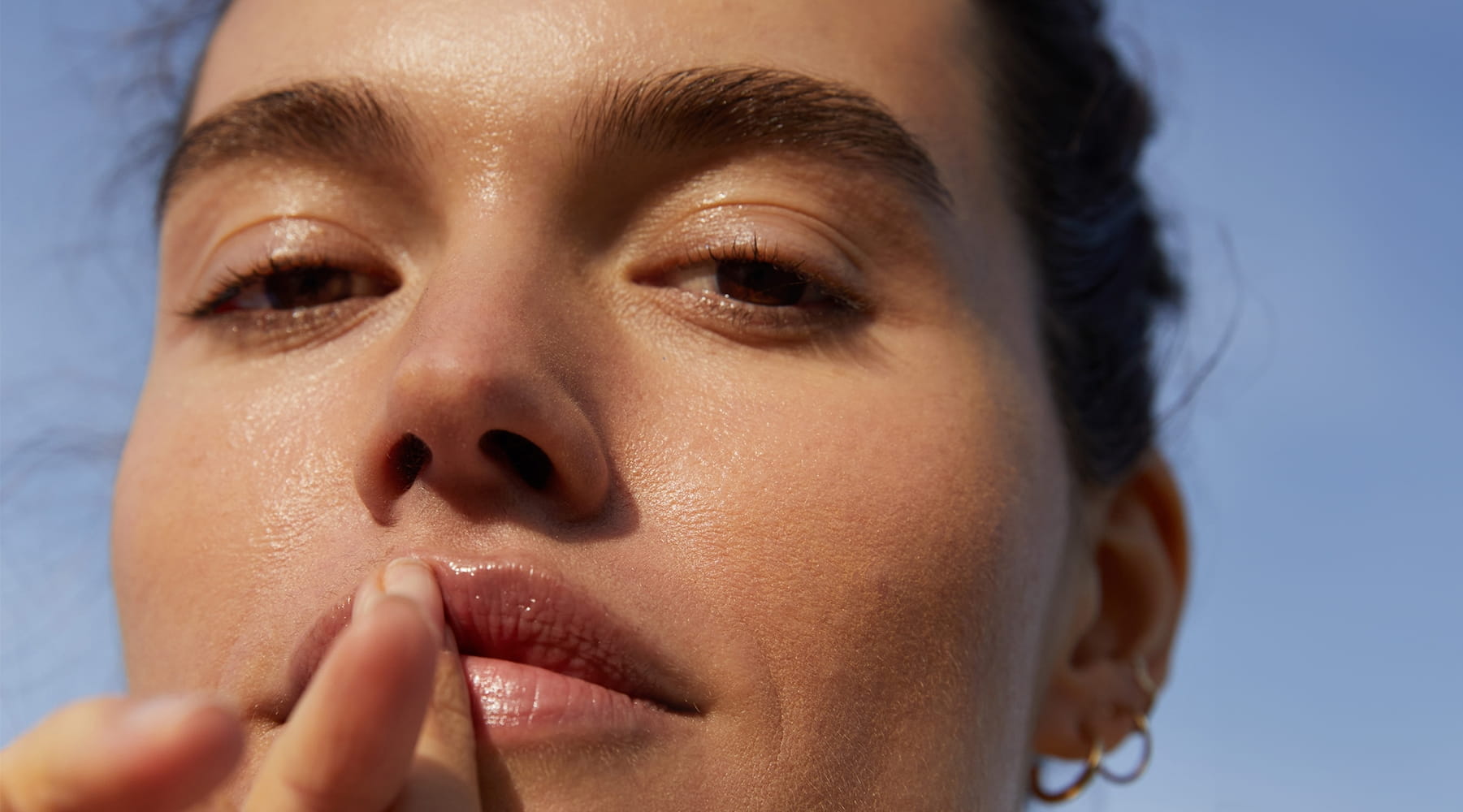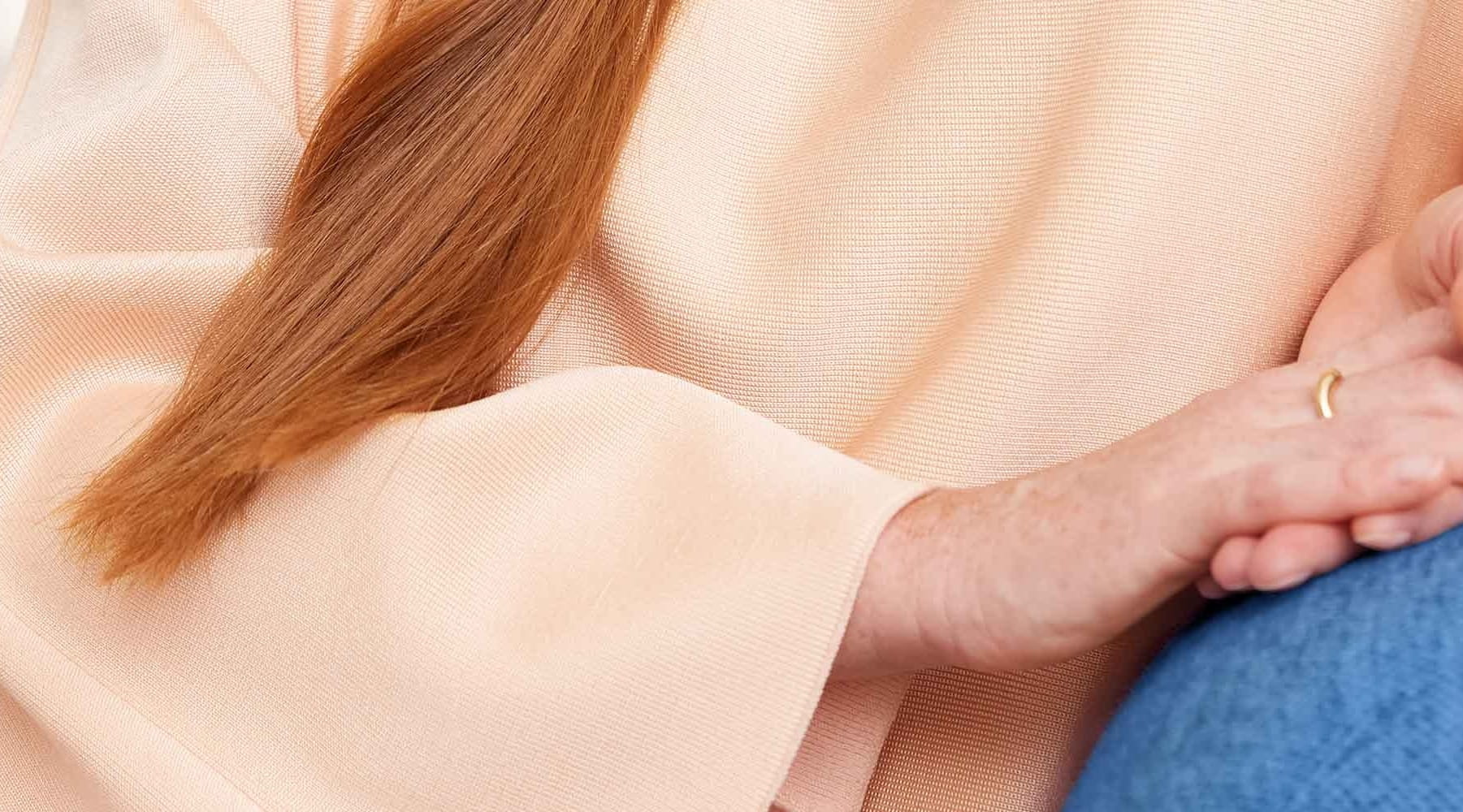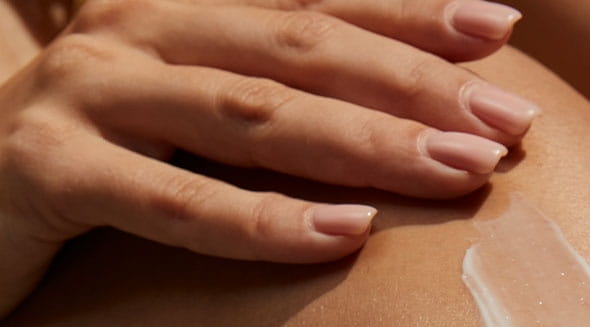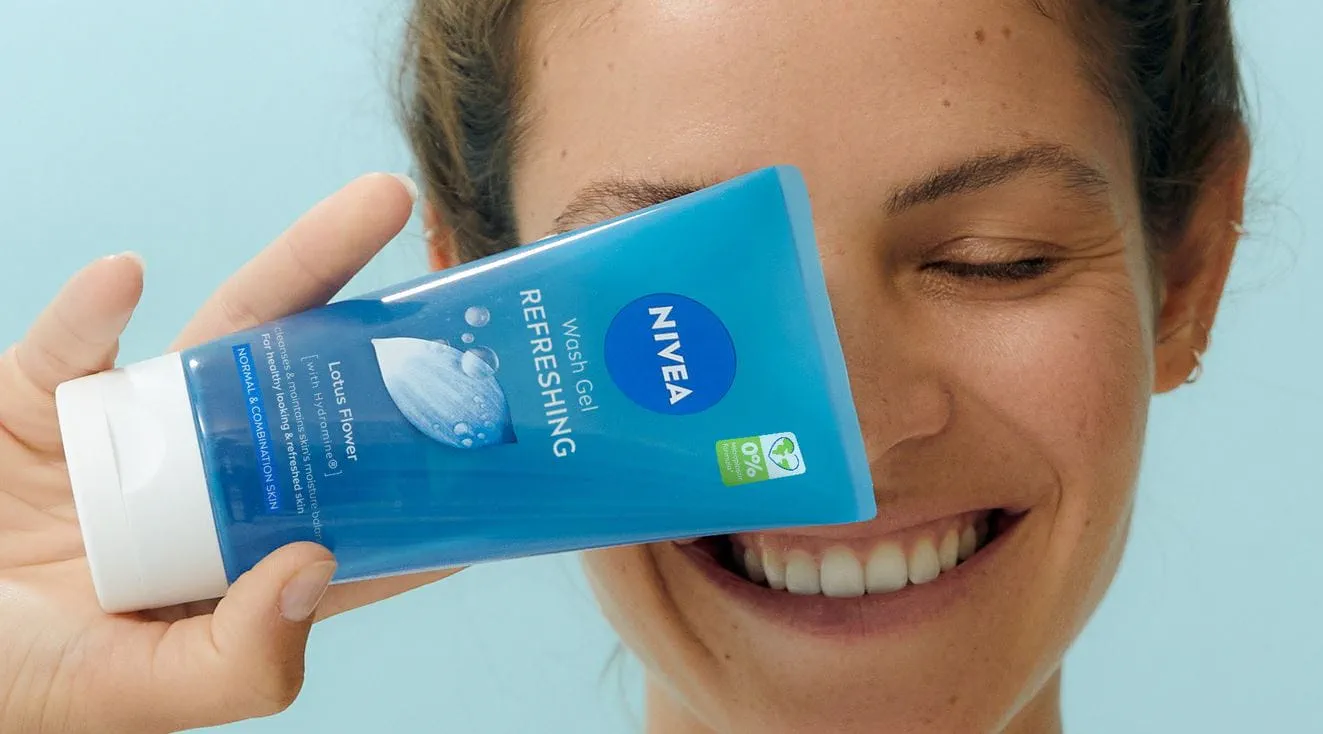1. REDUCE YOUR ANXIETY LEVELS
Stress and anxiety are closely linked to increased sweat production. When feeling anxious, your sympathetic nervous system prompts a fight-or-flight response, and excessive sweating may be a sign of this response. Sweating from anxiety is a natural and common bodily process. Try the following anxiety-reduction techniques, to not only help reduce your anxiety but also reduce sweating.
Deep breathing is one of the simplest ways to calm yourself down. Breathe deeply and slowly for as long as possible and you should start to relax.
• Deep breathing is one of the simplest ways to calm yourself down. Breathe deeply and slowly for as long as possible and you should start to relax.
• Progressive muscle relaxation exercises. This involves tensing muscles and then relaxing them.
• Taking a brisk walk or doing light stretching.
• Journaling or writing down thoughts before stressful situations.
2. THINK POSITIVELY
Stress perception can influence physiological responses, such as sweating. Do your best to flip a negative situation or feeling into a positive one. Just shifting your perspective in a stressful situation, like getting up in front of a big audience, can help your body respond more calmly.
So instead of feeling your palms getting sweaty, your heart rate rising, and then starting to panic, try to interpret these signs as excitement instead. Trick your mind and body into thinking it is experiencing something positive like hearing your name called out as the winner at an awards ceremony, for example. Try some mindful techniques to influence positive thinking and reduce excessive sweating, such as:
• Practising gratitude or positive affirmations
• Visualising a successful outcome in stressful situations
3. AVOID COMMON SWEAT TRIGGERS
Lifestyle factors may contribute to increased sweat production, this may include:
• Caffeine: stimulates your nervous system and can increase sweating
• Spicy foods: raise internal body temperature
• Alcohol: dilates blood vessels and causes heat to rise
• Cigarettes: contain nicotine which increases adrenaline and contributes to stress sweat
So, when you have a potentially stressful situation coming up, stick to clean eating and drinking to reduce perspiration.
4. STAY HYDRATED
When your body is dehydrated, your glands will produce more sweat to try and cool you down. Do the cooling down yourself by staying more hydrated throughout the day. Try stay hydrated and stop excessive sweating with the following tips:
• Carry a reusable water bottle throughout the day
• Drink water regularly instead of caffeinated or sugary drinks
• Eat water-rich foods like cucumber or watermelon
5. WEAR THE BEST DEODORANT WITH STRONG PROTECTION
For truly excessive sweaters, NIVEA has created their most advanced stress sweat fighting solution.
The NIVEA Intense Protection range provides protection against excessive sweating and odour, even in stressful situations. It’s a quick dry formula with strong stress protect actives, 72h effective anti-perspirant protection and gentle NIVEA care. NIVEA Intense Protection Anti-perspirant Deodorants deliver proven protection against emotional and excessive sweating.
Its unique Dual Protect formula with two antibacterial actives helps to minimise the formation of body odour. At the same time, this skin-friendly formula with 0% alcohol supports a comfortable skin feeling. Check out NIVEA Intense Protection Fresh Anti-perspirant Areosol Deodorant and NIVEA MEN Intense Protection Fresh Anti-perspirant Roll On Deodorant.


